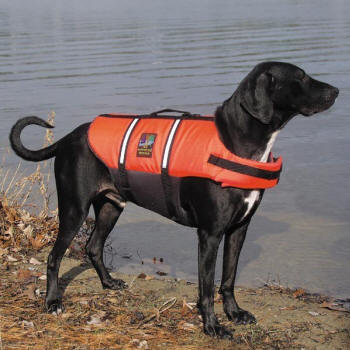Recently my husband and I went on holiday to Taiwan, to see our son and his family. It was mid-summer and very hot and humid. So it was a real treat spending a few days at a beach resort where swimming was like jumping into a pleasantly warm bath.
Life there is very different to South Africa where I live so I enjoyed being an ‘observer’, and soaking up the culture.
THEN ….
I gazed across into the water and saw two dogs swimming in the sea. That sounds okay doesn’t it? These dogs were Labradors, water dogs who love swimming, given half a chance. But, I couldn’t believe it that the owners had put these dogs into life-jackets. Not dog life-jackets but life-jackets designed for humans! I’ve never heard of dogs needing life jackets to get into water! (So I did get quite a surprise when I found quite a selection of ‘dogs in life-jackets’ on Google Images). They either love water or hate water and will behave accordingly. I’d love to have known what these dogs were thinking!
This got me thinking …
In an attempt to be helpful we can also ‘kill’ others with kindness. Fixing up other people, even if they haven’t asked for help, can make us feel worthwhile and feel good. It’s all about ourselves, actually and little to do with the other person. But, when we try fixing up people, putting them in life-jackets, when they haven’t asked, can have disastrous effects.
I wondered whether the dogs would try resisting this so-called ‘help’ from their owner? It might want to bite, but only a fool bites the hand that feeds. Maybe the thought was there!
Helping others
It’s good to help others, but not like the dog owners, insisting on helping when no help is really needed. It might make us feel needed and worthwhile but can actually harm the other person. The Labradors could even drown if their human designed life-jackets got caught on some debris. In the same way we can ‘drown’ others by creating dependence.
Some people unconsciously encourage others dependence. A clue to recognizing a person’s unhealthy need for others dependence is when they say or even complain about how much the other person ‘needs’ them, and maybe also how ungrateful the other person is.
How to help
- Believe in another person’s ability to grow and solve their own problem – the Labradors, given a chance could swim without the life-jackets!
- Don’t just go ahead and try fixing-up another person – that’s impolite and disrespectful. Be careful! Your intentions might be good, but you’re giving the message that you know better how to live the other person’s life than they do. Don’t be surprised if the person being ‘helped’ turns round and ‘bites’ you. You’ll become the victim and will undoubtedsly become resentful of how the other person has treated you – ‘after all you’re only trying to help’. (If you recognize this situation, click here for more insights on co-dependence.)
By all means throw a life-jacket to a friend who needs it, but don’t strap a life-jacket or a strait-jacket onto a friend who doesn’t!


Veronica Watkins says
Great analogy Karin! Belinda once complained that I was basically interfering in her life (life-jacket) at that time rather than just being a “good mother” proffering good, sound advice!!